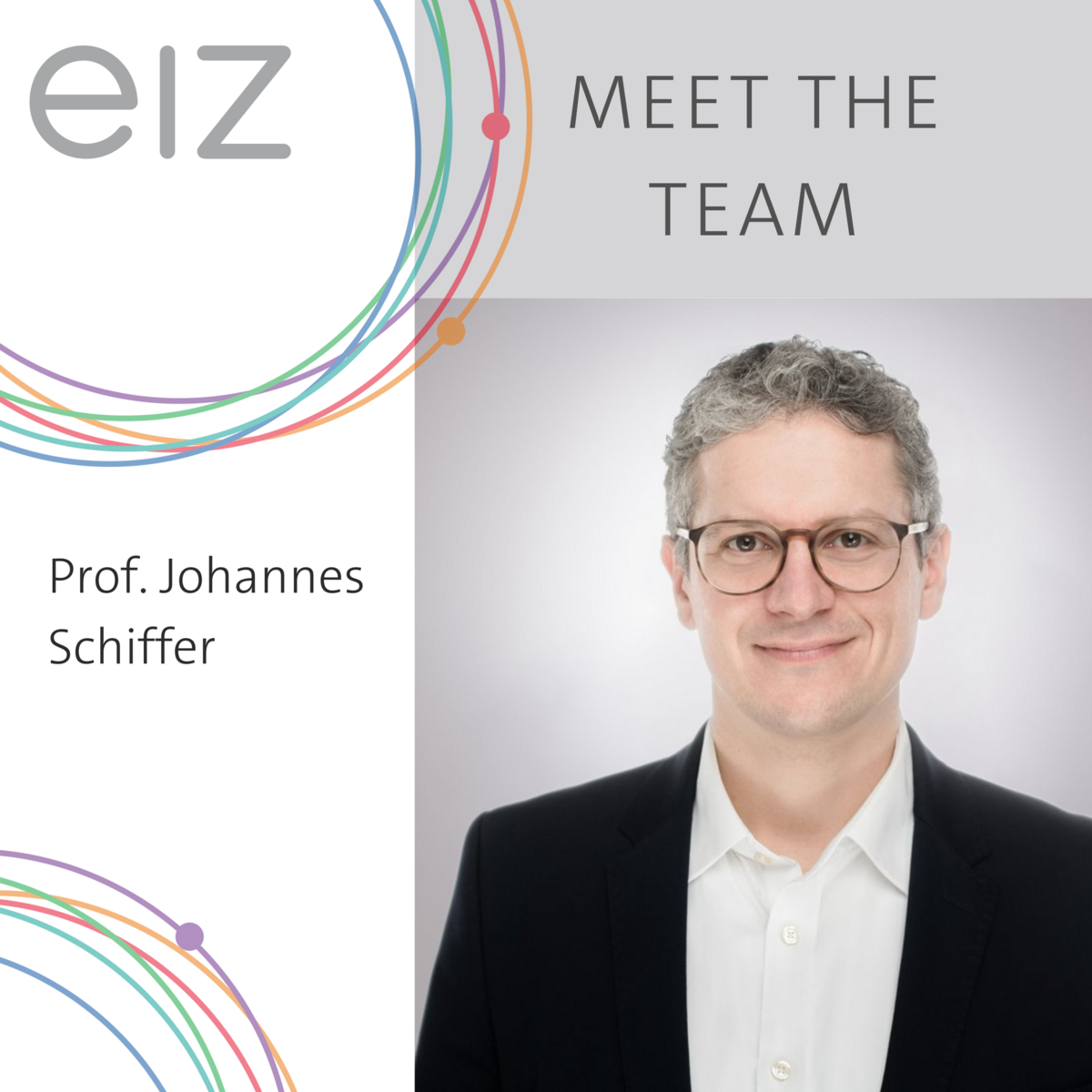Meet the Team | Prof. Johannes Schiffer
Your dedication and involvement was crucial in the foundation of the Energy Innovation Centre - what motivated you, what was your vision for the EIZ?
The EIZ is based in Cottbus. This puts it at the centre of a region that is particularly affected by the coal phase-out and the necessary transformation of the energy system. Our aim is to ensure that the energy sector remains the mainstay of Lusatia's economic and technological identity in the age of renewable energies and digitalisation and that the Lusatian mining district is developed into a sustainable energy region. To this end, we at the EIZ are working closely with companies and renowned research institutions.
For you, what role will EIZ play in the long term in the energy transition and in particular for Lusatia?
In order to achieve the global climate targets, we need to achieve effective and efficient climate-neutral management of all sectors, such as electricity, heat and transport. This will only be technically and economically possible if we connect the various energy sectors more closely. The EIZ at the BTU addresses these global challenges. We are focusing on the areas of sector coupling and intelligent, digital operation of energy systems. At the same time, we are using the EIZ to specifically strengthen innovation and start-up activities here in Lusatia.
Lusatia is undergoing change. What is your personal vision for Lusatia in 2050, what do you wish for the future development of this region?
That the many opportunities offered by the structural strengthening measures are recognised and used to make the region attractive, liveable, open and sustainable.
What makes working at BTU special for you?
With the EIZ and several other players, a very dynamic ecosystem in the energy sector has been developing around the BTU for several years, which offers many exciting opportunities with a mix of basic and application-orientated research. In addition, there is a very international working environment with many dedicated people who are creatively and constructively involved in solving key social issues.
Prof Johannes Schiffer studied Engineering Cybernetics at the University of Stuttgart and the University of Lund. at the Chair of Sustainable Electric Networks and Sources of Energy (2009-2011) and the Control Systems Group (2011-2015) both at TU Berlin, He then worked as a research assistant at the Chair of Sustainable Electric Networks and Sources of Energy (SENSE) and in the Control Systems Group at TU Berlin. In 2015, he received a Ph.D. degree in Electrical Engineering from TU Berlin for a thesis on Stability and Power Sharing in Microgrids. From 2015-2018 Johannes was a Lecturer (Assistant Professor) in Smart Energy Systems at the School of Electronic and Electrical Engineering, University of Leeds, UK. Since July 2018, he has held the Chair of Control Systems and Network Control Technology at the Brandenburg University of Technology Cottbus-Senftenberg. Since 2021, Johannes has held a joint professorship with the Fraunhofer Research Institution for Energy Infrastructures and Geothermal Systems (IEG) where he heads the System Integration, Automation and Operation Management business unit. Since 2022 he has also been coordinator of the Energy Innovation Center (EIZ) and since 2023 coordinator of the EU MSCA doctoral network ‘Dependable Smart Energy Systems’ (DENSE).
Thank you, Johannes, for the interview and all the best for your work!
Contact us
Regelungssysteme und Netzleittechnik
T +49 (0) 355 69-2809
schiffer(at)b-tu.de

